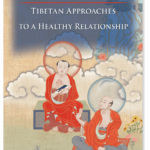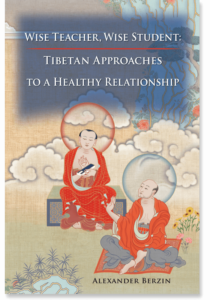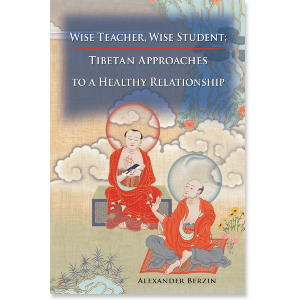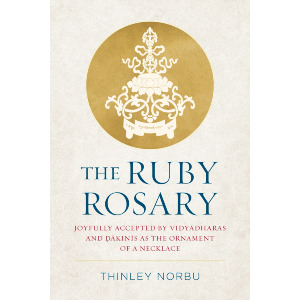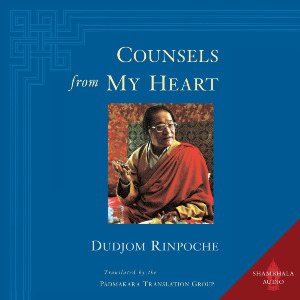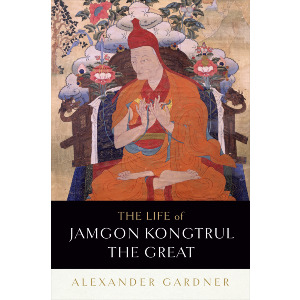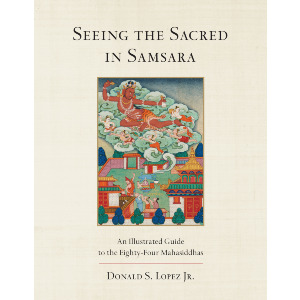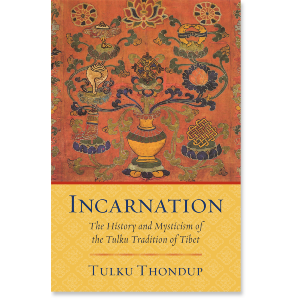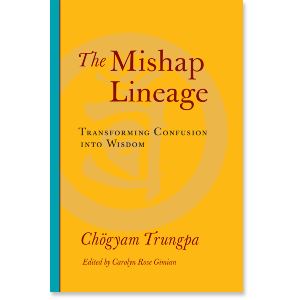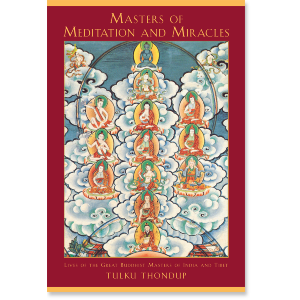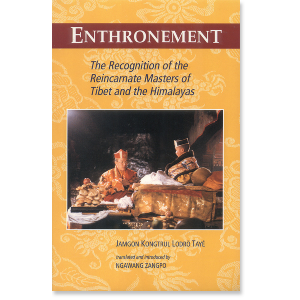The word tulku means a network of emanations (Skt. nirmanakaya, emanation body). Not only do fully enlightened Buddhas generate and appear as an array of emanations, so do advanced practitioners of the highest class of tantra. The array they generate is called a network of pathway-level emanations. The founders of lines of tulkus, then, may have achieved any level of spiritual attainment ranging from part of the generation stage to Buddhahood. Thus, they do not even need to have attained straightforward nonconceptual perception of reality (voidness, emptiness, the absence of impossible ways of existing). In short, only a tiny fraction of the founders of tulku lines comprises enlightened beings.
For this reason, the majority of tulkus still have negative karmic potentials in addition to a vast network of positive instincts (collection of merit). Depending on the circumstances of their upbringing and the societies in which they live, different potentials come to the fore and ripen in each lifetime. Thus, some tulkus may act in completely unenlightened ways. Nevertheless, by the force of the death-juncture meditation and prayers of the founders of their lines, their next incarnations may still be as rinpocheys, located and recognized by the masters who have determined that to do so would have special benefit. This may occur even if the tulkus in question failed to perform death-juncture meditation when they died.
In short, as His Holiness the Fourteenth Dalai Lama stressed at the 1988 conference of tulkus in exile, just because tulkus bear famous names does not mean that they qualify now as spiritual mentors. It merely signifies that they are the reincarnations of great spiritual masters and have been born with enormous amounts of positive potential. Tulkus need to prove themselves as mentors now, through their attainments in this lifetime…
Because of inherited potentials, reincarnate lamas naturally command respect. Nevertheless, circumstances may not allow full activation of those potentials or may not be conducive for their optimal use. For example, because a rinpochey may still be a child, the potentials may enable the boy or girl merely to advance quickly. Occasionally, excessive reverence shown by followers may act as the circumstance merely for success in power politics or empire building. In some cases, inordinate deference, lavish gifts, and high expectations may even spoil young rinpocheys or activate negative potentials for them to rebel when older. Differentiating the term reincarnate lama from lama—either in its meaning as a spiritual mentor or as a living Buddha—can help prevent disappointment.
Alexander Berzin received a PhD from Harvard University in 1972 from the Departments of Far Eastern Languages and Sanskrit and Indian Studies. A member of the Translation Bureau of the Library of Tibetan Works and Archives since 1972, he is the author of numerous books and articles. He frequently travels to the Americas, Central and Eastern Europe, Central Asia, Africa, and the Middle East, lecturing on Buddhism and Tibetan culture and helping to establish programs of co-operation between the Tibetan community and academic and religious institutions.

